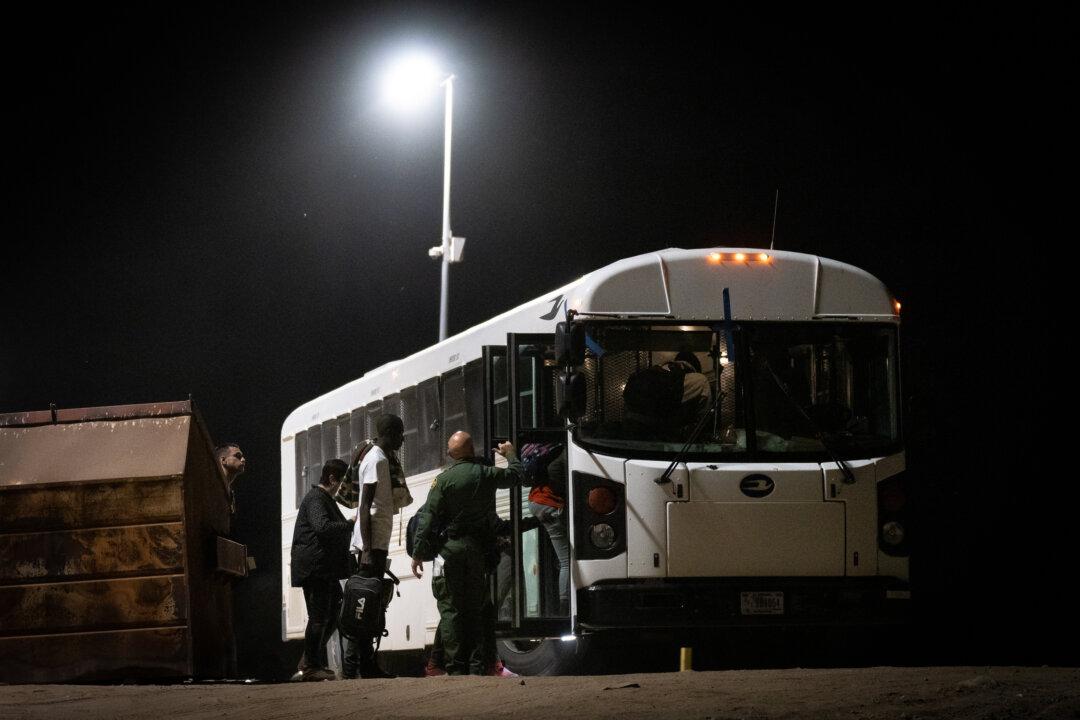The Department of Homeland Security said June 30 that more would-be illegal immigrants will be able to schedule their entry into the United States.
The department’s Customs and Border Protection (CBP) will allow up to 1,450 appointments per day, an increase of 200 from the current number and of 450 from the number available in May.





